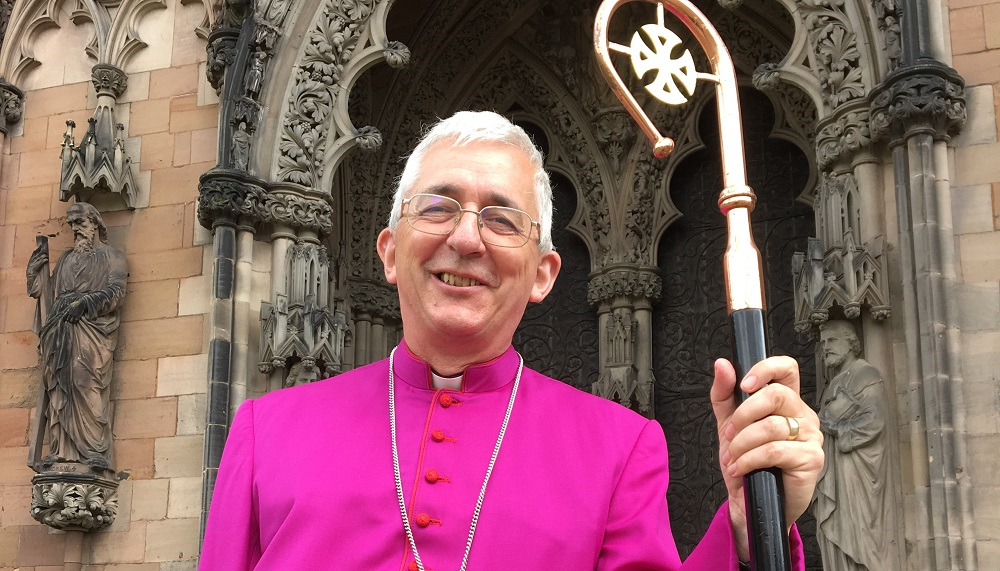
Bishop Michael said: Chaplaincy is a way for the church to be present in witness and service in peoples everyday lives in institutions like hospitals, schools, universities, prisons and in the workplace. Missional chaplaincy is one of the key strands in our local engagement with communities.
A chaplain is a member of the clergy, or a lay person, representing the church outside of normal church boundaries.
Chaplains work in many walks of life, often where people need the most support such as schools, hospitals, prisons, industry, businesses, town centres, hospices, the military and universities.
Chaplaincy gives people an opportunity to engage with the church that they wouldn't ordinarily get.
Chaplains are on the frontline in the mission of the diocese, helping people uncover the kingdom of God at work in their daily lives.
Many clergy carry out chaplaincy roles in areas they are passionate about in addition to their day job. Chaplaincy projects often take place across denominational lines.
The number of chaplains, and volunteers who work alongside them, is growing all the time. Chaplaincy is increasingly important, with the organisations that benefit from it valuing the role it plays in the wellbeing of their people.
There are over 70 chaplains in our diocese who are grouped into five main areas:
- Schools, colleges and universities
- Business and workplace
- Hospitals and hospices
- Prisons and young offenders institutions
- Armed forces and emergency services
Theres also chaplaincy work going on locally in a wide range of other areas, such as waterways, theatre and football. Chaplaincy can happen whenever and wherever its needed!